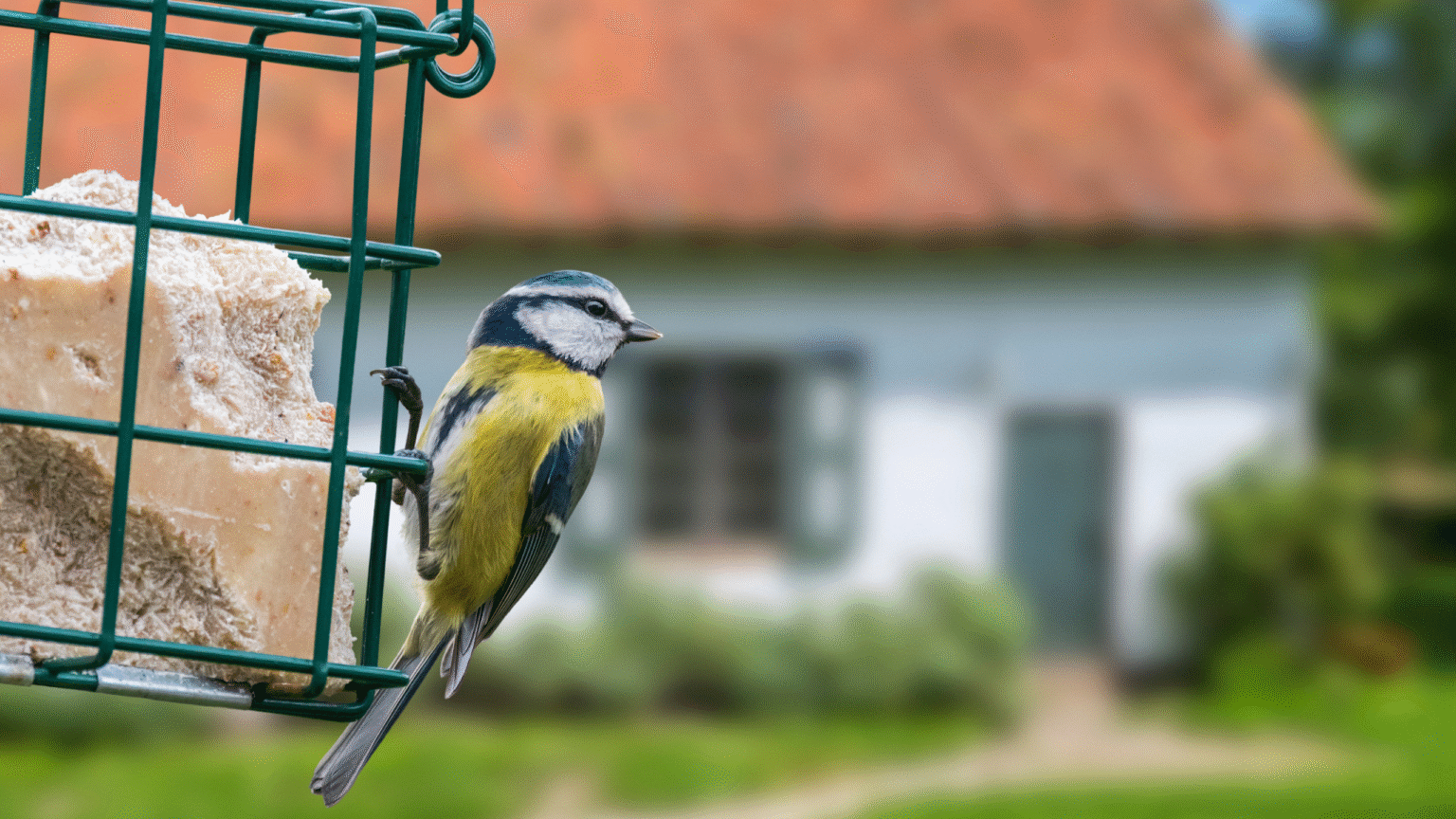The colder months are one of the most important times to lend a helping hand to the birds which visit your garden, which is why wildlife experts want you to leave out these two fruits this autumn – and you can pick them up for under £1 at your local supermarket.
I’d wager that I don’t know anyone who doesn’t enjoy attracting birds to their garden. From providing pest control to entertainment via their birdsong, birds are a joy to be around and an important part of any wildlife garden. But with that joy comes responsibility, which includes providing a reliable source of food during winter.
This is why wildlife experts recommend leaving out apples and pears for your feathered friends this autumn and winter. A natural energy boost, here’s why these fruits will be more than a sweet treat for your garden birds.
Why you should leave apples and pears out for birds
Research shows that small birds can lose up to their body weight in just one night when the temperatures plummet. In fact, research by the British Trust for Ornithology found that blue tits can lose 5% of their body weight overnight. Because of this, feeding birds can help them build up their fat reserves in time for freezing temperatures.
‘Autumn feeding isn’t just about keeping birds fed, it helps them prepare for winter. Young birds growing strong after fledging, and adults building fat reserves, both benefit from extra nourishment,’ explains Anton Baskerville, Wildlife Expert at Woodlands.co.uk.
‘As temperatures drop, insects become harder to find, and many berries are eaten or frozen. Apples and pears give birds a dependable source of energy when other foods are scarce. This extra nutrition helps them maintain body weight and keeps them active, alert, and ready to survive frosty nights.’
Why apples and pears? These fruits are high in natural sugars, vitamins and minerals to provide an energy boost for birds when the temperatures dip.
‘Birds love apples especially because they’re eye-catchingly bright and unmissable – they find sweet treats irresistible, like many of us! Thankfully, they’re not only aesthetically appealing but also highly nutritious,’ says James Ewens, gardening and wildlife expert at Green Feathers.
‘The simple sugars and carbohydrates in apples and pears provide a high-energy snack for birds, vital for those cold months. Apples and pears also contain vitamin A, supporting eye and feather health of birds, and vitamin C to support their immune system.
‘They also contain minerals like potassium, vital for overall physiological function. The high fibre content, especially in pears, aids birds’ digestion and gut health, and can even reduce stress-induced feather-pecking.’
Specifically, apples and pears are a great choice for thrushes, blackbirds, starlings, and waxwings. It’s also a great choice if you’re looking to attract robins, too.
How to feed birds apples and pears
While apples and pears are a great energy source, they should complement a bird’s balanced diet of seeds, insects, or nuts. You should use apples and pears to give your garden birds a well-being boost, rather than it being the only item on your bird buffet menu.
You can place apples and pears on your lawn, in your bird feeder or add them to a fruit spike (£9.99 at Amazon) and hang it in a tree. However, the fruit mustn’t be spoiled.
‘These fruits can be fed to birds when they’re a bit past their prime for our consumption, but we shouldn’t be giving mouldy or spoiled fruits to the birds,’ says Maria Kincaid, in-house Ornithology Research Specialist for smart birdfeeder, FeatherSnap.
‘It’s important to make sure that no matter what you’re offering, you clean your feeders regularly, and it’s especially important when you’re feeding fruits, as we don’t want to encourage mould growth, and if you’re throwing fruits out in the garden, make sure that you clean up regularly to not attract unwanted pests.’
If you grow your own apples or pears, James also recommends that this is the best form of this fruit to feed them.
‘Opting for organic apples – bonus points if they’re from your own orchard – ensures the chemical pesticide exposure is limited. It’s important to remove the seeds and core of apples and pears, as these contain cyanide, which can be dangerous for our feathered friends,’ he says.
Suet Shop
Suet Shop – 50 Suet Fat Balls
Fat balls are high in both fat and calories making them a beneficial food source to offer birds in winter.
Pelle & Sol
Pelle & Sol Bird Feeder
Squirrel-proof bird feeds means that your bird feed won’t be stolen by larger predators – ensuring your birds don’t miss a meal.
Beewarm
Beewarm Premium Wild Bird Food – Sunflowers Hearts for Garden Birds
Sunflower hearts are another high energy food source to dish out to your garden birds. Robins in particular love sunflower hearts.
We have a responsibilty to look after the wildlife that visits our garden, and providing healthy food is one of the best ways to do this. Will you be dishing out apples and pears for your garden birds?
Read the full article here

